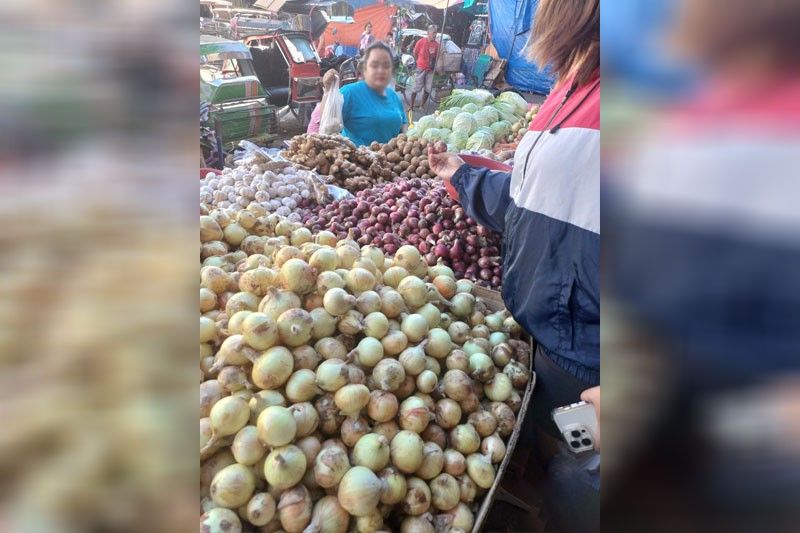‘Inflation uptick far from over’
Louise Maureen Simeon – The Philippine Star March 6, 2024 | 12:00am Red and white onions are being sold from 50 to 60 pesos per kilo at a public market in Lingayen, Pangasinan on February 3, 2024. STAR / Cesar Ramirez MANILA, Philippines — The uptick in inflation is far from over as more expensive […]


Louise Maureen Simeon – The Philippine Star
March 6, 2024 | 12:00am
Red and white onions are being sold from 50 to 60 pesos per kilo at a public market in Lingayen, Pangasinan on February 3, 2024.
STAR / Cesar Ramirez
MANILA, Philippines — The uptick in inflation is far from over as more expensive commodity prices could last until the second quarter, with the government ramping up efforts to ensure food security amid threats of El Niño.
In a recent commentary, Manulife Investment Management and Trust Corp., a subsidiary of insurance firm Manulife, said inflation may continue accelerating again as base effects dissipate, at least until end-June.
Inflation rose to 3.4 percent in February from 2.8 percent in January, effectively halting four straight months of decline. Nonetheless, this was within the target band of the Bangko Sentral ng Pilipinas (BSP).
Manulife head of fixed income Jean de Castro explained that upside risks to inflation may stem from elevated rice prices and continued increases in global oil prices.
Oil prices have increased by over eight percent in the past two months due to supply cuts by the Organization of Petroleum Exporting Countries, conflict in the Middle East and Houthi attacks on shipping lines in the Red Sea.
“While lower tariff rates, an increase in rice imports and the harvest season should help cap the continued rise in prices, we expect them to remain elevated,” De Castro said.
“This as export restrictions remain from India and as importing countries increase purchases to combat effects of El Niño, which could last until mid-year,” she said.
Factors such as El Niño have impacted major rice-exporting countries such as Thailand and importers alike, creating supply-demand imbalances.
Additionally, export curbs in India, the largest rice exporter, contributed to a surge in global prices.
As such, the Department of Finance maintained that the government is proactively preparing to mitigate the effects of El Niño on inflation, which is forecast to peak this month and persist until May.
Finance Secretary Ralph Recto said the implementation of the Reduce Emerging Inflation Now (REIN) plan will help keep inflation within manageable levels.
Recto said that the quick execution of the 2024 budget would enable the timely implementation of measures aimed at enhancing agricultural production.
The government will likewise continue the distribution of fertilizer discount vouchers to sustain crop production while it continues to explore more rice trade agreements for a stable supply of rice.
Apart from ongoing rice trade deals with India and Vietnam, the government is in talks with Cambodia.
“We are also ensuring timely and sufficient imports of key commodities based on more frequent analysis of demand and supply conditions while combating anti-competitive practices,” Recto said.
Further, the government will soon release the guidelines for the implementation of the toll hike exemption for trucks catering to agricultural goods.
Manulife head of equities Mark Canizares, for his part, maintained that easing inflation will be positive for the country’s macroeconomic growth as stable prices would give the BSP room for its policy settings to be more accommodative.
“It would create a more conducive environment for corporations to expand businesses while consumer spending can further accelerate,” he said.














